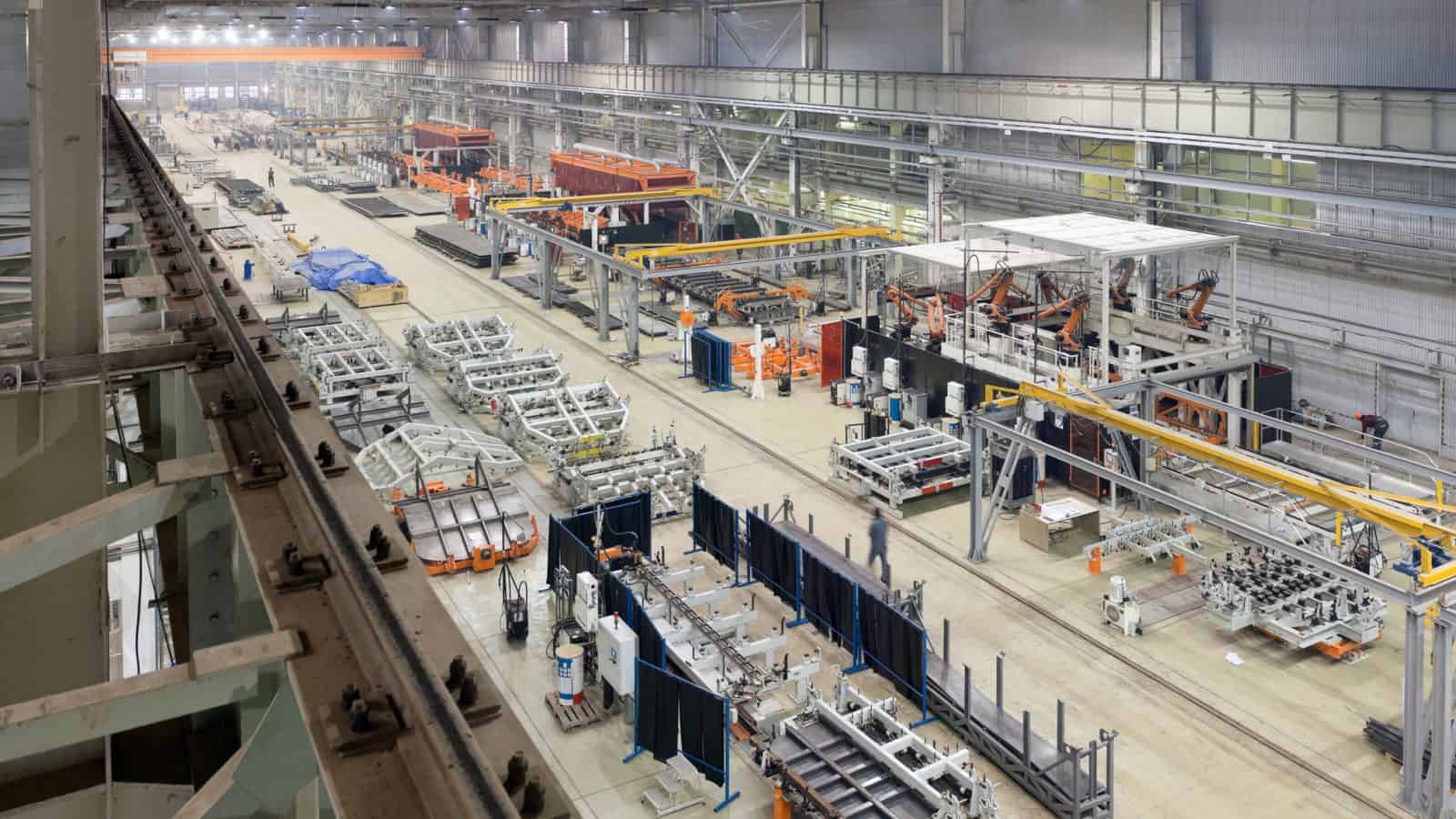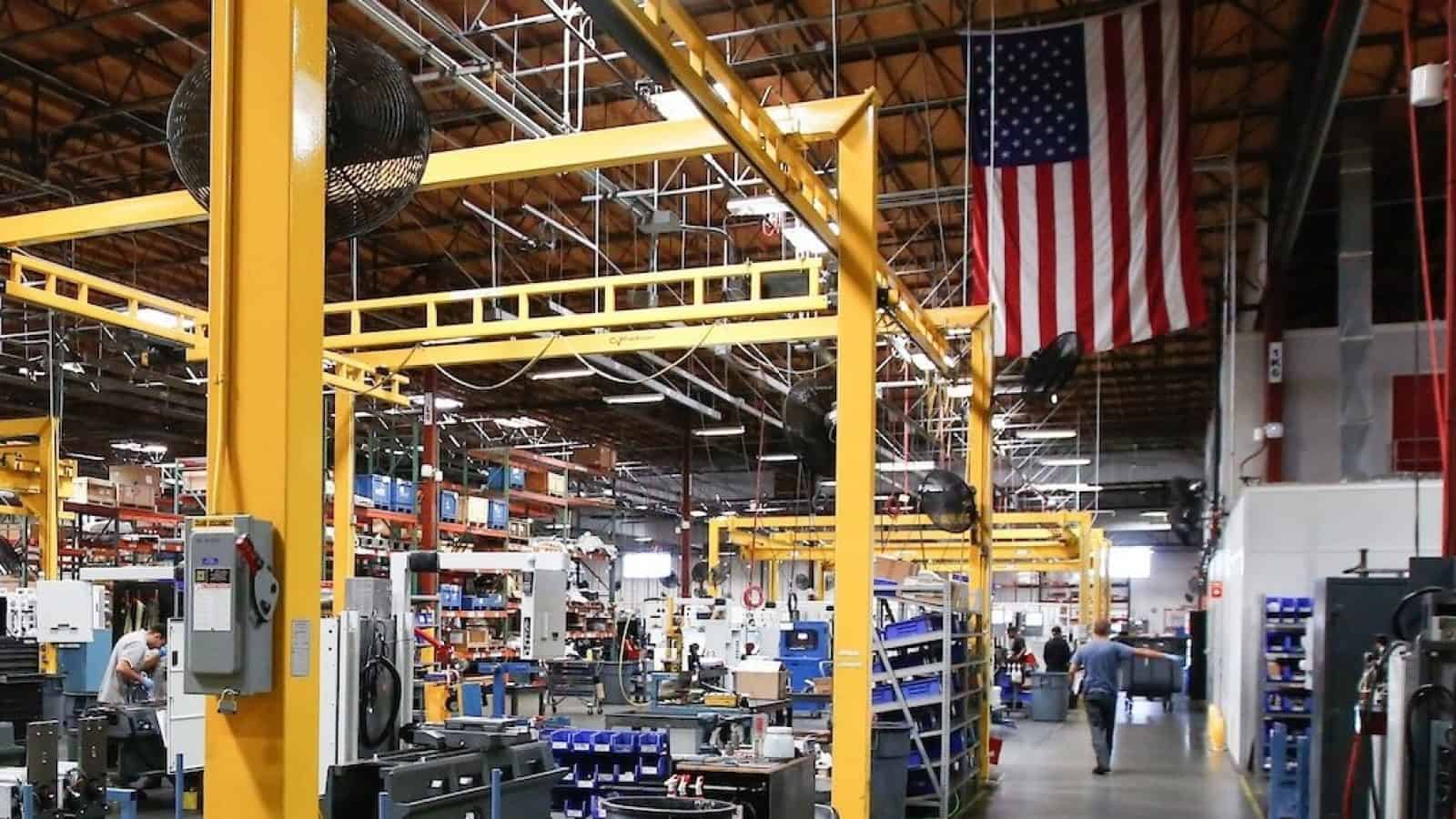
The Case for Second Chance Hiring
View the Resource Guide
DOWNLOAD PDFSecond Chance Initiative Resource Guide
This guide is designed to give industry the tools needed to explore and implement Second Chance hiring practices. This resource offers perspectives and rationale on why implementing Second Chance hiring may be a good fit for your company, including the business case, the value to employees and customers, and your community impact.
Table of Contents
I Second Chance Hiring is Good Business
II Employee and Customer Engagement
III Community Impact

Second Chance Hiring is Good Business
Candidates with past convictions are a frequently overlooked talent pool. A recent study showed their unemployment rates were five times the national average.[1]
[1] Prison Policy Initiative, 2018
But despite the perceived risks and challenges, there is a strong business case for considering Second Chance hiring as a key part of your talent strategy:
- Widen your talent pool: Tens of millions of Americans have an arrest or conviction record in their past. By expanding access to jobs for this population, employers are reaching a diverse and motivated talent pool
- Decrease turnover: Research has indicated that employees with past convictions stay longer and advance faster than their peers. Despite some assumptions otherwise, studies also show that this group is terminated for cause at a rate no higher than their peers without criminal histories
- Stay competitive: Economic trends point to decreasing labor market participation, higher turnover, and a looming talent shortage. Rehiring costs has been shown to cost companies $3,300-8,000 per employee, making employee retention critical
- Access incentives: The Work Opportunity Tax Credit (WOTC) and Federal Bonding Program are resources available to every company to help encourage and de-risk Second Chance Hiring.
The successful CEO of the future will be the one who can manage through the coming talent shortage.”
-Jeff Korzenik, Author & Chief Investment Strategist for one of the nation’s largest banks
.

Employee and Customer Engagement
While some companies cite employee and customer concerns as a reason not to expand Second Chance hiring, trends indicate growing support for inclusive practices. With 1 in 2 adults in the U.S. having had an immediate family member incarcerated[1], it is unsurprising that Americans are supportive of expanded job opportunities for people with past convictions.
80%
of Americans support expanding Second Chance Hiring Practices
- Polling indicates that 80% of Americans support expanding Second Chance Hiring Practices[1]
- 85% of HR professionals believe that workers with criminal records perform their jobs as well or better[2]
- 64% of millennials will not take a job without a connection to Corporate Social Responsibility[3]
- 91% of millennials said they would switch to a brand with a cause[4]
This year, 30 of the country’s largest companies formed the Second Chance Business Coalition, with the aim of publicly and proactively share their commitment to inclusive hiring practices. These public statements signal to prospective applicants and customers that your jobs are accessible and that you value opportunity and inclusion.
[1] Justice Action Network, 2019
[2] SHRM Getting Talent Back to Work Report, 2021
[3] CONE, Millennial CSR Study, 2015
[4] CONE, Millennial Employee Engagement Study, 2016
Case Example: Toyotetsu Texas, Inc
In 2018, facing a tight labor market in San Antonio, Toyotetsu began looking for creative strategies to attract and retain new talent. Through her role on the local Workforce Board, Assistant Vice President of Administration, Leslie Cantu, learned about community partnership opportunities to recruit, train, and employ candidates with past convictions. Toyotetsu launched its Second Chance initiative that June, and began collaborating with four partners in Bexar County to expand its candidate pipeline. The company modified its hiring policies to enable greater access for candidates supported by community partners and began onboarding the first of more than 80 employees it has welcomed through the program.
“I’d like this to be our primary recruiting source”
-Leslie Cantu, Assistant VP, Administration
In nearly three years of operating, Toyotetsu has seen stronger attendance, performance, and retention outcomes from its Second Chance candidates compared to its baseline. Given the success of the program, Toyotetsu hopes to grow its initiative and collaborate with employers across industries to replicate and expand its model.

Community Impact
Second Chance hiring can also be an important part of a company’s corporate social responsibility strategy.
Providing access to jobs for people with past justice involvement:
- Improves community safety
- Stabilizes Communities and Families
- Children of incarcerated parents are six times more likely to be imprisoned themselves[3]
- Saves taxpayer dollars
- States that lower recidivism by just 10% can save up to $635M annually[4]
[1] Mark Berg and Beth Huebner, Reentry and the Ties the Bind, 2011
[3] Megan Cox/Temple University, 2009
[4] The Economist, 2011


